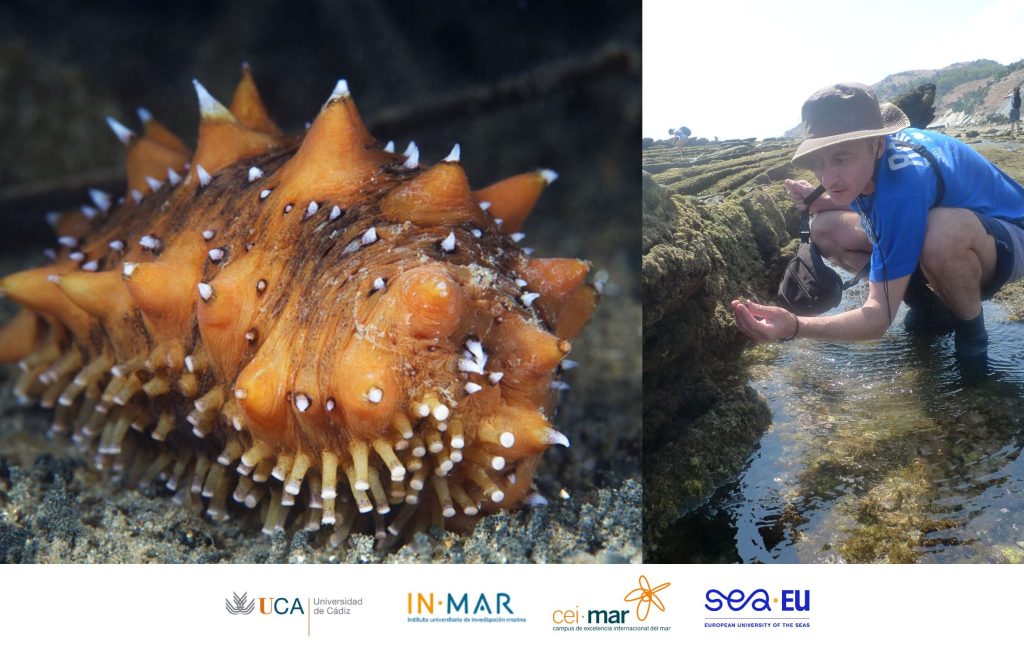J. Lucas Pérez-Lloréns publica un nuevo artículo sobre el pepino de mar, su sobreexplotación, consumo y comercio 30 September 2024
Nuevo artículo científico del investigador Jose Lucas Pérez-Lloréns titulado: Sea cucumber: A scavenger overexploited, traded and turned into food (even a gastronomic delicacy)
Los pepinos de mar son invertebrados bentónicos que se encuentran en todas las latitudes, desde el intermareal hasta el submareal profundo, y desde los trópicos hasta los polos. Algunas especies tropicales se han pescado hasta casi su extinción y se han comercializado para satisfacer las necesidades de los países asiáticos, sobre todo China, ya que se consideran un manjar (y una medicina) desde la antigüedad.
Sin embargo, algunas especies siguen estando infraexplotadas y podrían ser una fuente potencial de alimento azul que explorar gastronómicamente. Por eso en este artículo se reúne información habitualmente dispersa entre publicaciones de distintos tipos: artículos, libros y textos antiguos (se incluyen algunos extractos), con dos objetivos principales:
- Por un lado, romper las barreras entre disciplinas y ofrecer una visión global capaz de atraer el interés entre los científicos que sientan curiosidad por distintos aspectos de los pepinos de mar, como el comercio histórico, las características organolépticas, el uso culinario en las cortes imperiales y reales asiáticas, el uso en cocinas tradicionales y populares, y la creciente presencia de los pepinos de mar en los restaurantes de alta cocina.
- Por otro lado, dar a conocer entre los profesionales de la cocina y la gastronomía los aspectos básicos de la biología, ecología, pesca, sobrepesca, conservación y maricultura de los pepinos de mar, así como la preparación de las capturas para su uso culinario.
Si te gustaría tener más información sobre esta publicación puedes escribir a: joselucas.perez@uca.es


